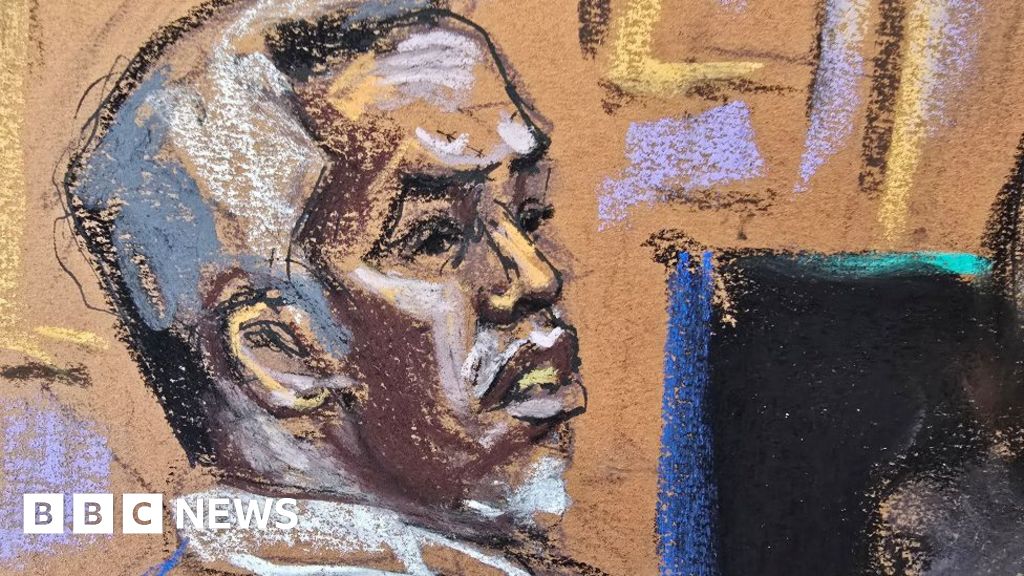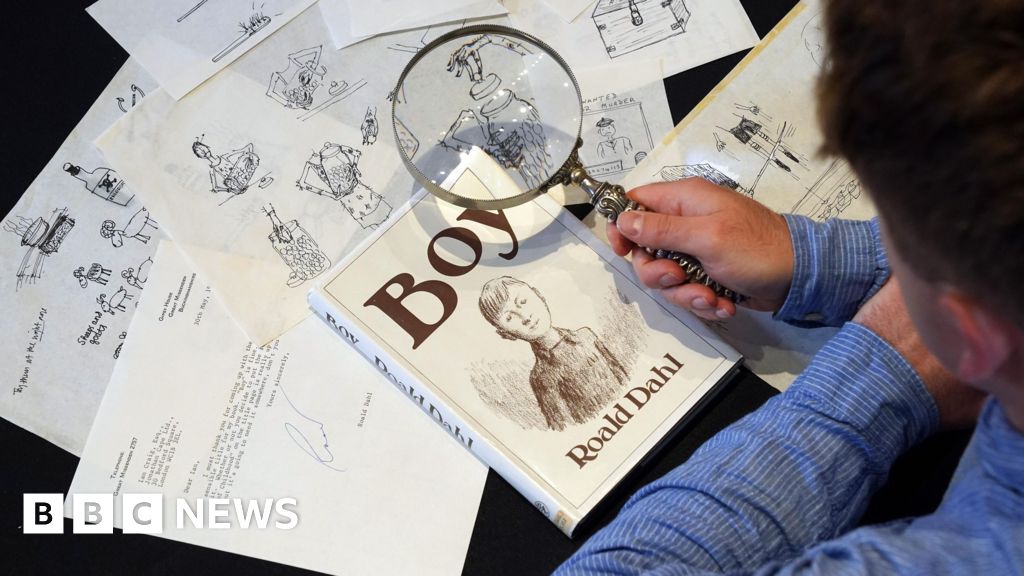ARTICLE AD BOX
WATCH: Secret filming by BBC reporter
By Kate West & Melanie Stewart-Smith
BBC File on 4
Security guards - who safeguard public events - are fraudulently obtaining work licences after attending sham training courses, the BBC has found.
An undercover reporter from File on 4 paid extra to complete a mandatory six-day course in a day and a half - missing crucial first-aid training.
On one course he was told to fill in timesheets for all six days and given answers to multiple-choice questions.
The industry regulator said the evidence suggested criminality.
The Security Industry Authority (SIA) also said it was now working with the organisations which oversee these training companies to further investigate the BBC material. It said it would be referring the matter to the police.
The findings come eight years after another BBC investigation revealed security guards could be fraudulently buying qualifications for cash.
'No pass, no fee'
This time, File on 4 approached 12 companies offering Level 2 SIA door supervisor courses for between £200-£300. Many advertise near-100% pass rates and use phrases such as "no pass, no fee".
Four of the firms offered the undercover journalist shortened courses - which is against regulations - ranging from one-and-a-half to three days.
Completion of the six-day training course lets people apply for an SIA licence - the blue cards seen on security staff armbands - subject to identity and criminal record checks.
A BBC reporter went undercover to reveal how some security training companies are providing fast-track courses that breach regulations and put the public in danger.
They can then work in arenas, nightclubs and other venues across the UK - renewing their licence every three years with a two-day top-up course.
There are nearly half a million active licensed security guards in the UK. About 170,000 qualifications - first-time and top-ups - are awarded each year, through close to 650 training providers.
When presented with our findings, Paul Greaney KC - legal counsel to the inquiry into the 2017 Manchester Arena bombing - told us he remained "extremely concerned about the safety of the public attending events".
He said the inquiry revealed that had the security staff received proper training it could have made a "decisive difference" to what happened - either averting the attack or aiding the injured.
The inquiry found a need for comprehensive training - with checks in place.
"What I've just seen is the complete opposite of that situation," he told the BBC.
'Kill and be killed'
Steps Institution, in Forest Gate, east London, is one of the companies that offered the undercover reporter a shortened, fraudulent course.
It is an SIA-approved course provider and is listed on the regulator's website.
Zeeshan Ahmad explains painful ways to "kill and be killed"
For an additional £310, the reporter was told he could begin his training on day five of the normal six-day course. This meant he missed a number of mandatory modules - including first aid, conflict management and door supervision.
He was first told to forge his timesheets for six full days, before joining others for a "physical intervention" training session - to learn how to safely move or restrain someone.
The reporter recorded course trainer, Zeeshan Ahmad, delivering anecdotes on painful ways to "kill and be killed". These are not part of the mandatory training.
Mr Ahmad told the BBC he unequivocally denied the allegations and said he was committed to "upholding ethical standards in all aspects" of his life.
The director of Steps Institution, Ms Adriana Ceteteanu, told us her company did not "offer six-day courses in a day and a half". The assertion of forged timesheets was "incorrect", and she did "not accept" that the instructor's method of training was inappropriate.
'Your first aid is finished now'
At a second training centre - Caetop College in Ilford, east London - there appeared to be no option to attend the mandatory six-day course, and our reporter was only offered a three-day course.
Again, in just a few minutes, he was asked to fill in timesheets for six days. He was then coached on a test which he should have taken at the end of a whole day of first-aid training.
"That was first aid - so your first aid is finished now," the trainer told him.
Paul Greaney told us he was "extremely disappointed" by our findings. A recommendation of better first aid training for security staff was one of the key issues to emerge from the Manchester Arena inquiry.
On the third day, the reporter and a roomful of other candidates sat a final exam - but they were not given any questions. Instead, answer sheets to multiple-choice questions were handed out and everyone was told by the trainer what options to circle - A, B, C and so on.
On some questions, candidates were told to vary their answers, to ensure each test paper was not identical when handed in.
Caetop College is yet to respond to the BBC about this evidence.
'Unsuitable' people
After the previous BBC investigation into security industry fraud in 2015, both the SIA and Home Office said they took allegations of malpractice seriously.
But after a File on 4 programme in January reported claims that staff at the O2 Brixton Academy regularly took bribes to let in ticketless music fans, the BBC was contacted by dozens of whistleblowers.
"People are passing the [course] who shouldn't be, and they are getting their licences," one told us. Another said they had worked with so many "unsuitable" people who were a "danger to themselves and everyone around them". The only reason they're able to work, said a third, is because the training company has "somehow decided to pass them".
When told of the BBC's latest findings, the sister of one of the victims - security dog handler Gaby Hutchinson - said it was "just not acceptable" to put the public at risk.
Kelsey Hutchinson told us she found it difficult to understand "how security companies can allow their workers to not have proper first aid [training]".
An investigation into what happened at the Academy is ongoing.
Security dog handler Gaby Hutchinson died following the crush at Brixton Academy
The SIA - which was created by the Home Office in 2001 - refused to be interviewed about the latest BBC investigation, but said it would be assessing the evidence.
Where individuals' qualifications were shown to be unsafe, it said, licences would be suspended. The SIA also said it would work with Ofqual - which regulates qualifications, examinations and assessments in England - to ensure the allegations are investigated.
The statement added: "We are determined to ensure poor practices are rooted out and support the majority who operate to good standards."
Ofqual said it took instances of fraud and malpractice seriously.
It said while it did not regulate training providers, it required awarding organisations to put safeguards in place to prevent malpractice. It also said those who did not take all reasonable steps to prevent malpractice faced sanctions.

 1 year ago
38
1 year ago
38








 English (US) ·
English (US) ·